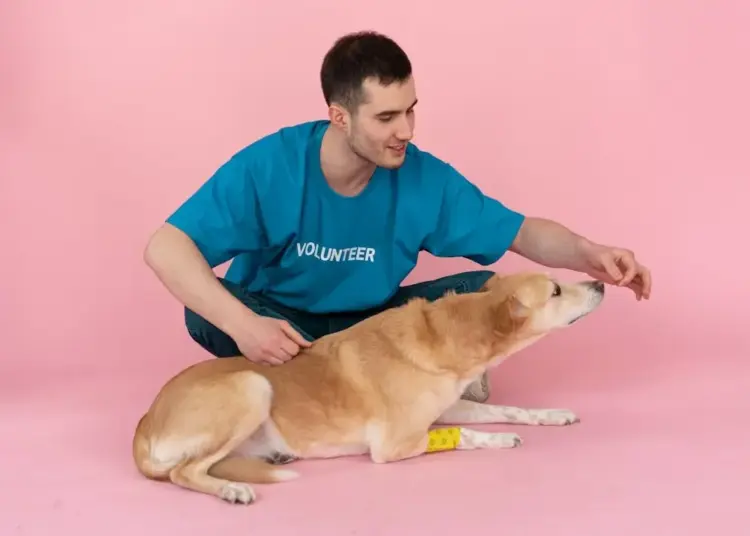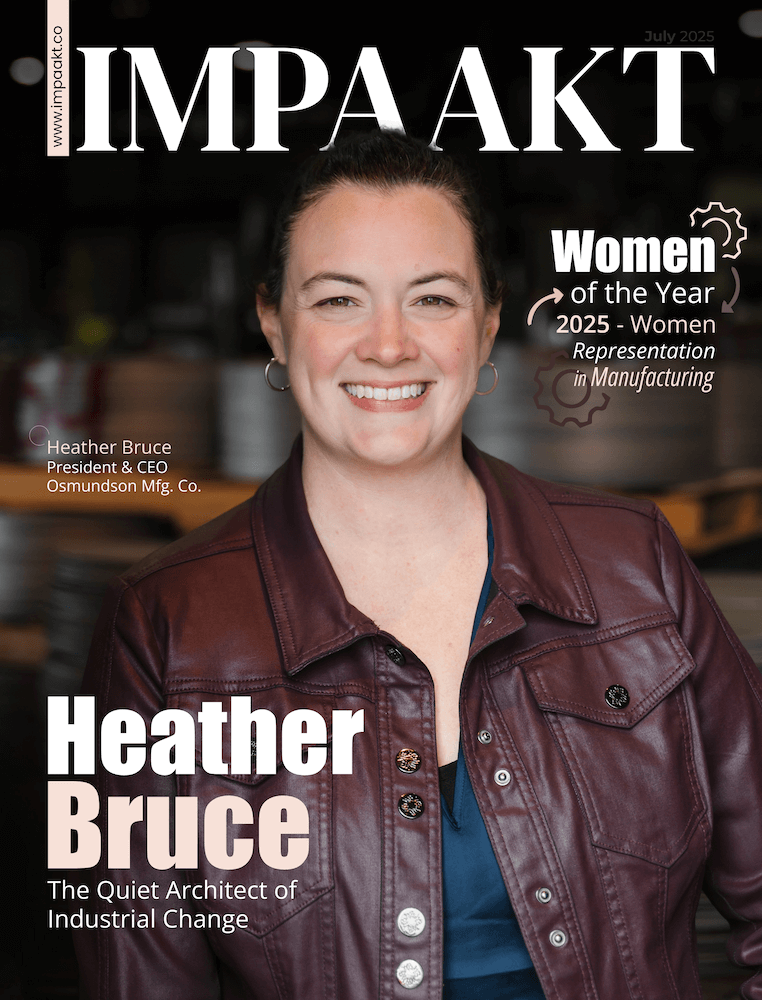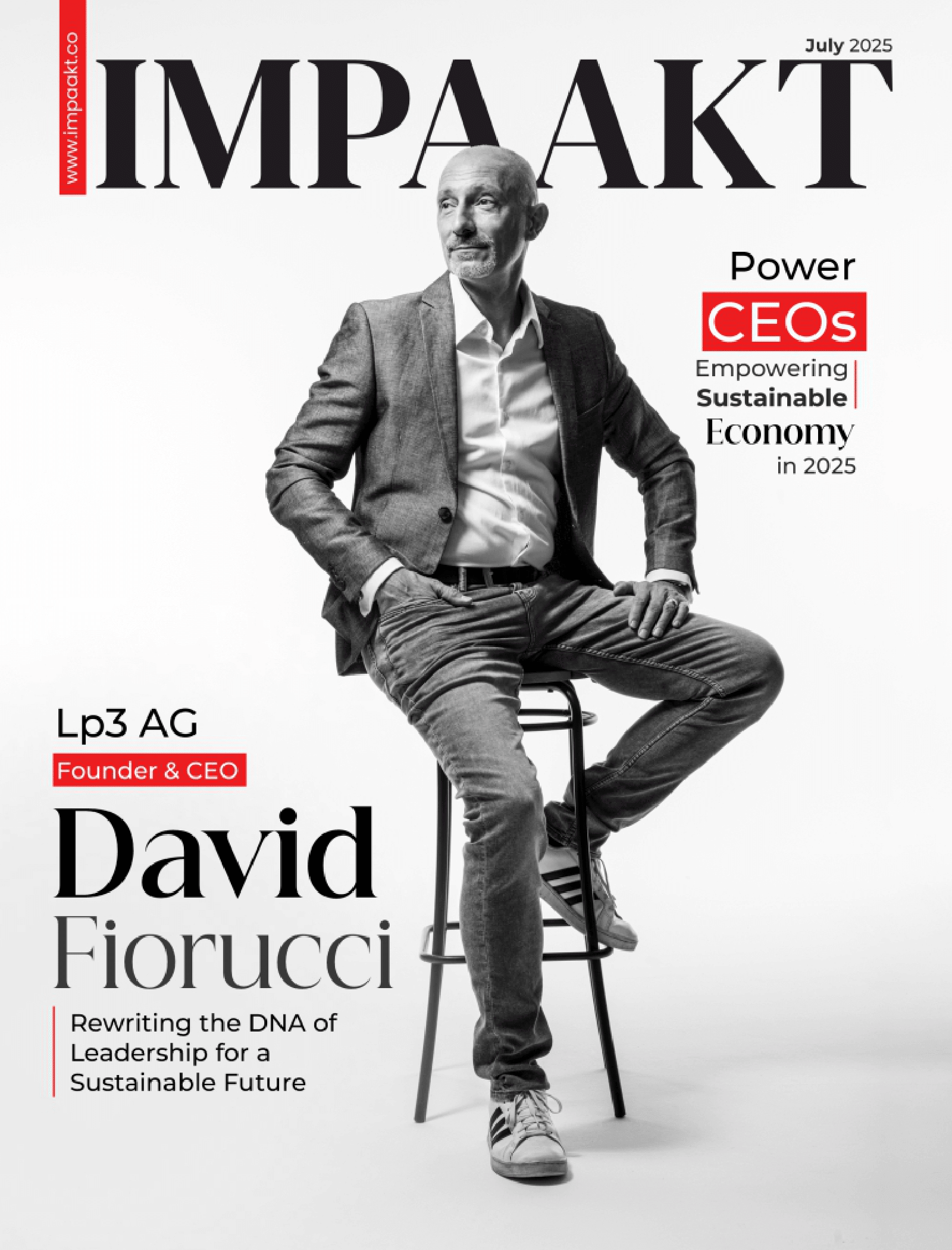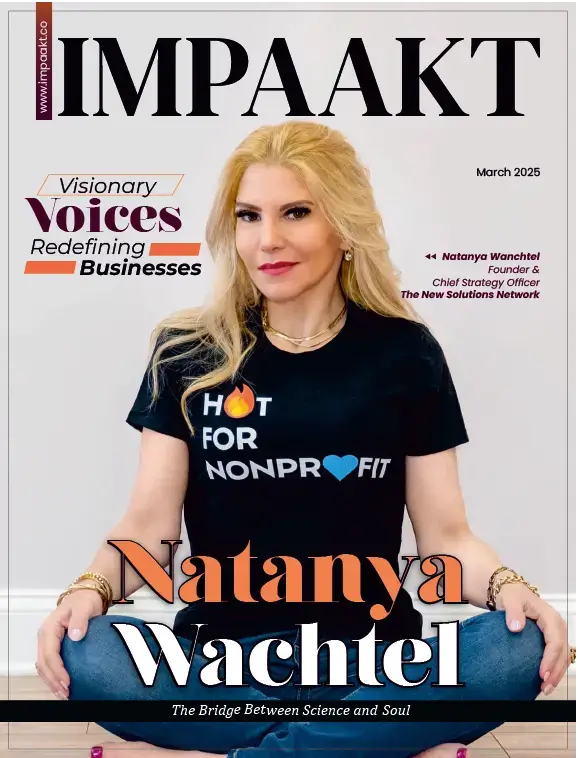In the icy expanse of Canada’s eastern coast, a silent tragedy was unfolding every spring. Baby harp seals, eyes as wide as the horizon, lay helpless against a tide of hunters armed with clubs. Their fur, a symbol of innocence, became a commodity fueling an industry steeped in cruelty.
In 1969, this grim reality ignited a spark of rebellion in a group of impassioned activists, led by a determined Brian Davies. They believed the world could not remain indifferent to the suffering of the voiceless. With this vision, the International Fund for Animal Welfare (IFAW) was born—a relentless force that would grow to become a global beacon of animal advocacy.
The Fight That Started It All
IFAW’s early days were a whirlwind of outrage, hope, and action. Through haunting images and urgent appeals, the plight of harp seals burst onto the international stage. Media coverage turned distant seas into front-page news, and public campaigns amplified a collective call for change.
Victory came in 1983, when the European Union banned the import of products made from harp and hooded seals. For the seals, it was a lifeline. For IFAW, it was proof that compassion could rewrite laws and reshape futures.
A Bigger Purpose Unfolds
Buoyed by their initial success, IFAW turned its attention to the wider world, where animals faced countless threats—illegal trafficking, vanishing habitats, and natural disasters. The organization’s mission expanded, evolving into a holistic approach that united science, policy, and community engagement.
Their goal was clear: not just to rescue, but to transform. Not just to react, but to prevent. And so, IFAW’s reach extended across continents, touching over 40 countries and addressing the root causes of animal suffering.
Battles on the Frontlines of Conservation
One of IFAW’s most groundbreaking endeavors has been its fight against wildlife trafficking—a cruel trade that strips biodiversity from the planet. Collaborating with INTERPOL, customs agencies, and local communities, IFAW has dismantled smuggling networks and rescued countless animals.
Technology has become their ally. Using drones and satellite tracking, they’ve safeguarded elephant herds and rhinos from poachers. Migration routes are now monitored like lifelines, ensuring that the giants of the wild can roam freely.
Meanwhile, IFAW’s marine conservation efforts have rewritten history. In the late 1990s, they were instrumental in creating the Southern Ocean Whale Sanctuary—a sprawling refuge for countless whales. But their work didn’t end with policy. On the shores and seas, IFAW teams raced against time to rescue stranded whales and dolphins, sending them back to the deep blue they call home.
When Disasters Strike, Heroes Rise
Natural disasters have no regard for life, human or animal. Hurricanes, wildfires, and earthquakes leave behind devastation that often goes unnoticed for the four-legged and feathered. IFAW has emerged as a lifeline in these moments of chaos.
When Hurricane Katrina wreaked havoc in 2005, IFAW teams worked tirelessly to rescue stranded pets and wildlife, reuniting families and offering second chances. During Australia’s bushfires in 2019-2020, they were a force of hope, saving koalas and kangaroos from the infernos and rebuilding habitats from ash.
Inspiring Change, One Community at a Time
Lasting change begins with people. IFAW knows this well, embedding education and community engagement into its DNA. In Africa, the organization has helped villages coexist with wandering elephants, showing that protecting wildlife doesn’t have to mean sacrificing livelihoods.
Their educational programs go even further, planting seeds of awareness in schools worldwide. Children learn not only to care but to champion the causes of biodiversity and animal welfare, ensuring that IFAW’s legacy will echo through generations.
A Testament to Compassion
More than five decades later, IFAW stands as a testament to what relentless compassion can achieve. From the icy coasts of Canada to the arid savannahs of Africa, their work has changed laws, saved lives, and reshaped attitudes toward animals.
The story of IFAW is not just about victories; it’s about a belief—that humans and animals can share this world in harmony. In their hands, compassion isn’t a fleeting sentiment; it’s a force that moves mountains, crosses oceans, and creates sanctuaries where life can thrive.











